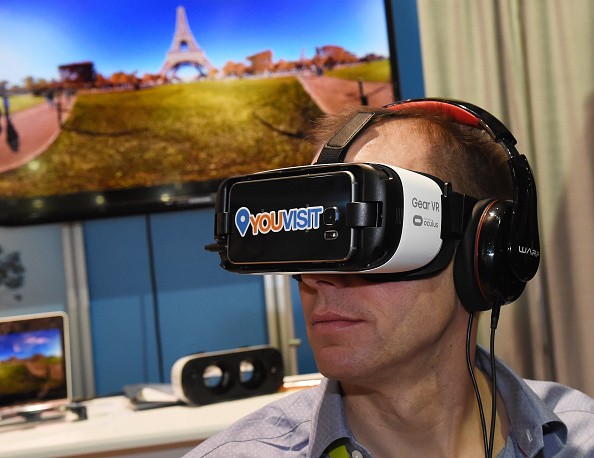
Experts are currently at odds about the recent discovery detailing how virtual reality can help cure post-traumatic stress syndrome or PTSD and even drug addiction. Some researchers say that this kind of discovery can help a lot of people that are going through traumatic life problems. Still others argue that the treatment is a huge risk and is only designed to trick the brain in believing cushier realities. At most these scientists claim that virtual reality is a temporary cure.
Researchers are still in the midst of distinguishing the effects of virtual reality in the brain. According to Mayank Mehta, a neurophysicist from the University of California Los Angeles' Center for Neurophysics, virtual reality seems to have a different effect for different individuals.
"The question seems to be, if VR is so real it can be used for treatment, then can it also create experiences that are traumatic?"
Staunch critics of the possible treatment are wary about the effects of altering the brain. Some scientist are certain that using virtual reality would trigger more unpleasant results.
On the other hand, scientists are still hopeful that virtual reality is the answer for PTSD and other kinds of drug addiction. Researchers from the University of Southern California lead by Albert "Skip" Rizzo have developed a virtual reality device where they put a soldier suffering from PTSD in the same set-up in war zones in Afghanistan. Unsurprisingly, the methods have been met with concern with some worried about re-traumatization.
Rizzo was quick to explain how his team's method works. According to him, it is important to show PTSD sufferers that their new situation can no longer hurt them. He is adamant that his treatment would be effective for those who are suffering from post traumatic stress.
"For anyone saying that we're re-traumatizing people, we say this is better than having them see Middle Eastern garb at a Walmart and freaking out."



